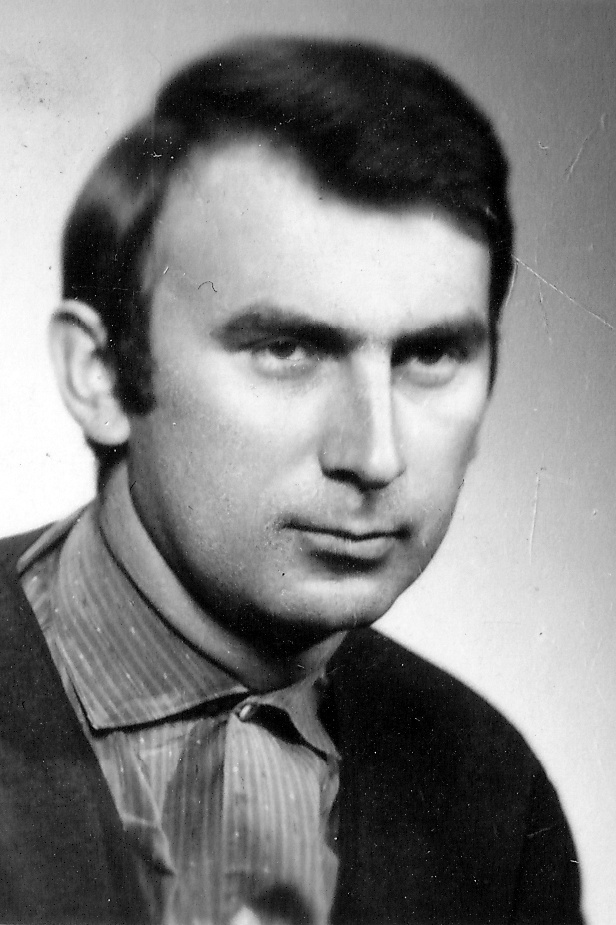For the gems on the Mekong for the welfare of Laos and its people

Stáhnout obrázek
Jiří Lukš was born in Cibotín in Českomoravská vysočina on 8 April 1937 as the first of five children of the teacher Václav Lukš. The brother of his mother Marie, née Pospíchalová, was a farmer in Cibotín and Jiří Lukš often helped him on the farm. In the 1950s, his father opposed the collectivization of agriculture and the family had to move out of Polnička, where they lived. At that time Jiří Lukš was studying at the Mining University in Ostrava. He became an expert in large blasting in quarries in Moravia and Silesia. In the early 1980s, he worked for Intergeo in Mongolia, where he witnessed the Soviet Union‘s activities in this satellite. Later, he prepared sapphire mining in the mountains of northern Laos and after 1989 he worked for an Austrian company in Russia, where he witnessed the conditions during the collapse of the USSR. He never joined the Communist Party and made his opinion known. Nevertheless, as a professional, he found himself in attractive positions. From the mid-1990s until his retirement, he taught at the Mining University. In 2022 he lived in Ostrava.




















